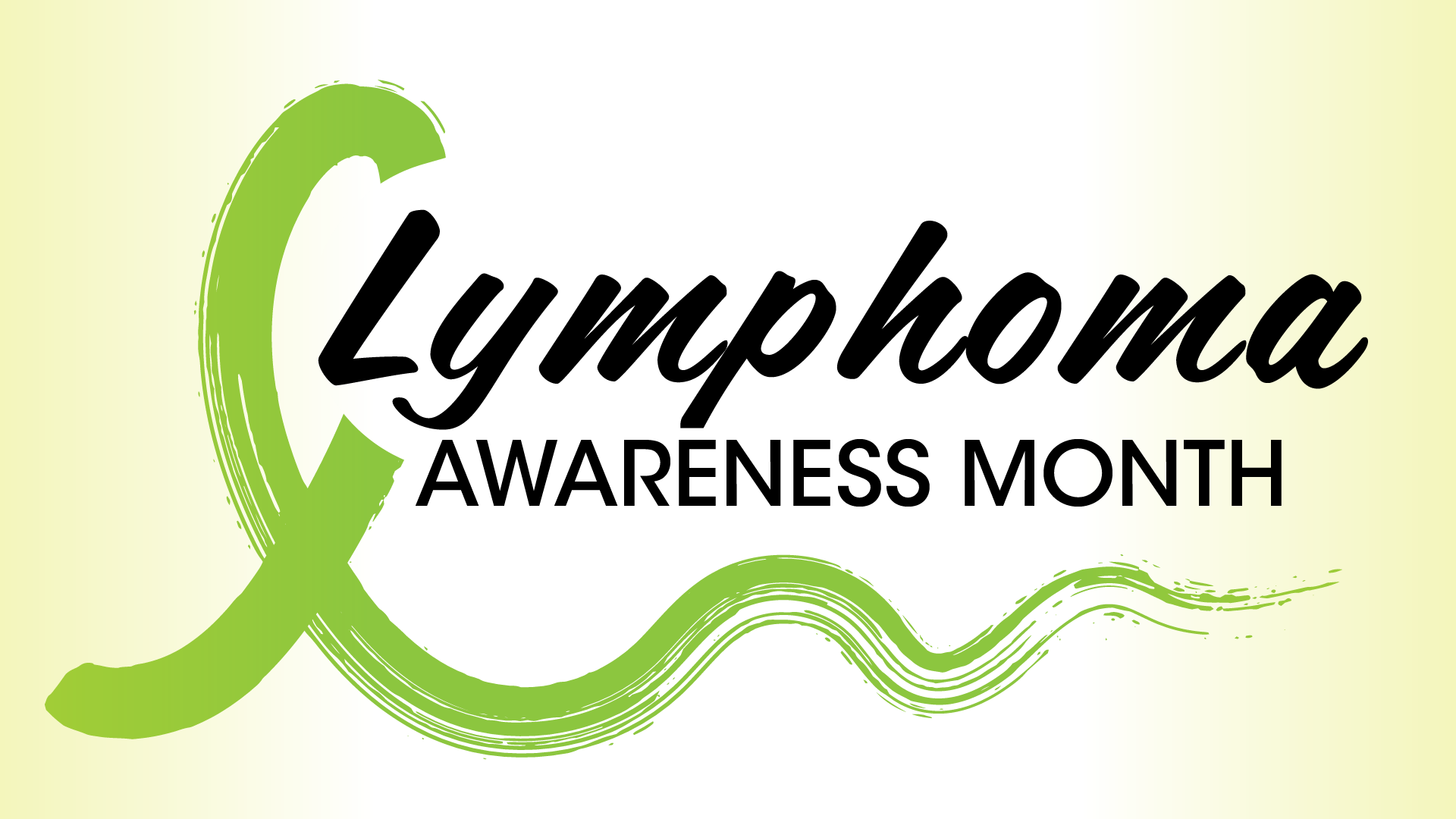
Kami J. Maddocks, MD, Reviews Ongoing Research Into Bispecific Antibodies and Other New Treatment Combinations for Lymphoma

In an interview, Kami J. Maddocks, MD, showed her excitement about future use of bispecific antibodies for the treatment of lymphomas.
Transcript:
Some of the most exciting emerging results that we have seen are with bispecific antibodies. These antibodies are an immunotherapy that have 2 targets, an antigen on the tumor cell such as CD20 in B-cell lymphomas and an antigen on the T cell such as CD3. The idea is that bispecific antibodies engage the T cell to attack the tumor. These antibodies appear to be more accessible than something like chimeric antigen receptor T-cell [CAR T-cell] therapy. They do have some of the same [potential] toxicities, such as cytokine release syndrome [CRS] or neurotoxicities, but to a far lesser extent and at a lower grade. These treatments in phase 1 and phase 2 studies have shown activity in relapsed/refractory diffuse large B-cell lymphoma [DLBCL], including in patients who have progressed after CAR T-cell therapy. Many of our therapies don’t have high activity in patients with relapsed/refractory follicular lymphoma [FL] nor in patients with relapsed/refractory mantle cell lymphoma [MCL]. This is exciting because it’s an active agent; it’s something that, if approved, would [enable] more patients to access treatment vs CAR T-cell therapy, and it might [also] have a more favorable safety profile.
I’ll [also] highlight a few ongoing phase 3 trials in lymphoma. [First] there was the SYMPATICO trial in relapsed/refractory MCL [NCT03112174]. Currently in the setting of relapsed/refractory MCL, we use single-agent BTK [Bruton tyrosine kinase] inhibitors as the preferred therapy for these patients, ideally at their first relapse. The SYMPATICO trial randomized patients to single-agent ibrutinib [Imbruvica] vs ibrutinib in combination with the BCL2 inhibitor venetoclax [Venclexta]. This trial was conducted based on promising results from a phase 1 study showing that the combination had higher complete response and potentially longer progression-free survival [PFS] than single-agent BTK. Looking forward, this trial has the potential to change the standard of care for patients with relapsed/refractory MCL if it’s positive.
There’s [also] an ongoing trial in diffuse large B-cell lymphoma [DLBCL]. [There was] a positive trial [NCT03274492] showing that polatuzumab vedotin [Polivy] in combination with R-CHP [rituximab (Rituxan) plus cyclophosphamide, doxorubicin, and prednisone] has a longer PFS in patients with newly diagnosed DLBCL vs R-CHOP [rituximab (Rituxan) plus cyclophosphamide, doxorubicin, vincristine, and prednisone]. There’s another ongoing phase 3 trial looking at the combination of tafasitamab [Monjuvi] and lenalidomide [Revlimid; NCT04824092]. Tafasitamab is a CD19-targeted antibody, and it’s approved in combination with lenalidomide for patients with relapsed/refractory DLBCL. It appears most active when used at first relapse in patients who are not candidates for more aggressive therapies, such as salvage chemotherapy or autologous stem cell transplant. So, this trial is evaluating tafasitamab in combination with lenalidomide with R-CHOP chemotherapy, which was shown to be safe in a phase 1 trial.
There’s also a phase 3 trial looking at the addition of polatuzumab to chemotherapy in the relapse setting [NCT04182204]. I do think that’s going to be more frequently used in the frontline setting once we see an [FDA] approval.
Newsletter
Stay up to date on recent advances in the multidisciplinary approach to cancer.



































